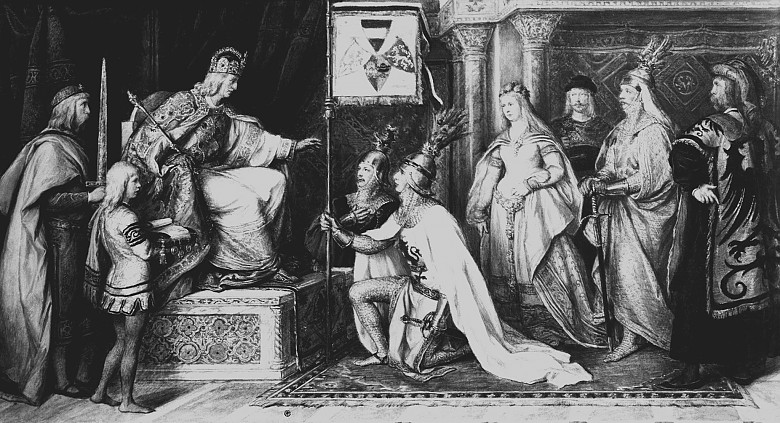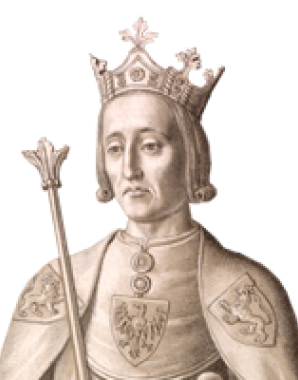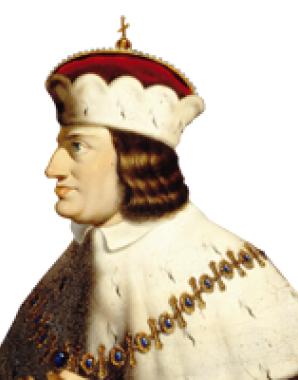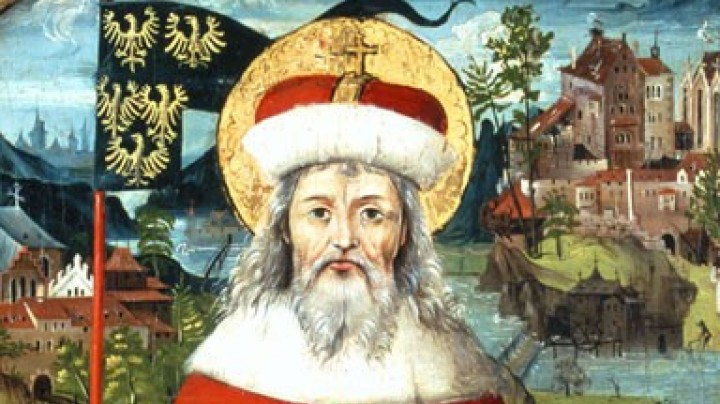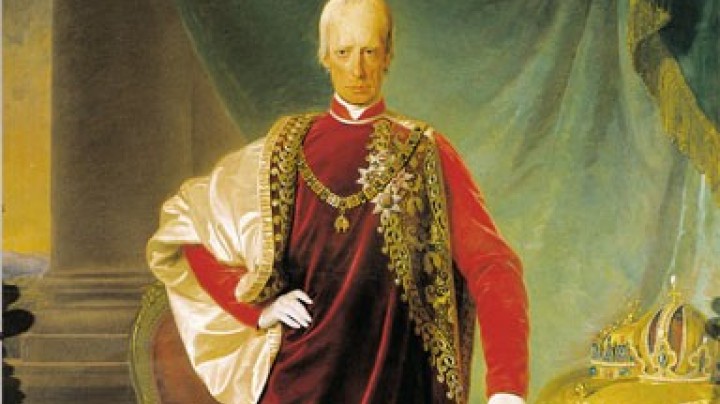The Habsburgs take over Austria
Rudolf I’s victory over Ottokar II of Bohemia led to the Habsburgs taking possession of the area formerly ruled by the Babenbergs.
The Battle of the Marchfeld has commonly been celebrated as a turning point in world history and the birth of Habsburg rule in Austria. However, it was only with the passing of the centuries that Rudolf’s victory over Ottokar came to be ascribed such historic importance. Although its immediate consequence was the rise of the Habsburgs to power in Austria, it by no means predetermined the dynasty’s future rise to great power status.
Initially, their subjects will have noticed little change: the Habsburgs soon had similar problems with the Estates as Ottokar had had. Rudolf renounced Bohemia and sought a compromise with Ottokar’s son and successor Wenceslas, who was also his own son-in-law. He then set about consolidating his hold on the former Babenberg lands of Austria and Styria, enfeoffing his two sons Albrecht and Rudolf with the indivisible territory of the duchies of Austria, Styria, Carniola, and the Wendish March (the ‘Windische Mark’, an area in present-day Slovenia). From this point onwards, the first title sported by the Habsburgs was Duke of Austria. In the following year, the Treaty of Rheinfeld, which contained the first regulations for the house of Habsburg, appointed Albrecht sole ruler. This triggered off disagreements within the family that fifteen years later led to the murder of Albrecht by his nephew Johann Parricida. Meinhard II of Tyrol was enfeoffed with Carinthia, which only returned to Habsburg hands in 1335.
Having settled the situation in Austria in his family’s favour, Rudolf turned his attention increasingly to political matters in the Holy Roman Empire, where he found that the status of the Roman-German King had been greatly weakened by the fall of the Hohenstaufens and the conflicts of the Great Interregnum. Although Rudolf achieved certain successes, he had far smaller financial means and instruments of power at his disposal than certain contemporary rulers such as the King of France.
Rudolf was never crowned Emperor. On three occasions, during the papacies of Gregory X, Nicholas III, and Honorius IV, he was on the point of enjoying this promotion to higher office, but was always thwarted at the last moment – either because he himself was prevented or because the Pope in question died and his successor was not prepared to carry out a coronation. As a result, Rudolf died in 1291 without being able to secure the succession for his son Albrecht, who only became Roman-German King after the interim reign of Adolf of Nassau.
